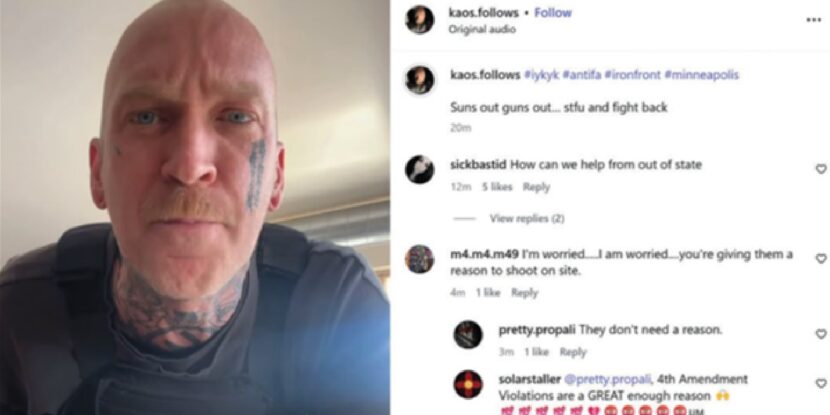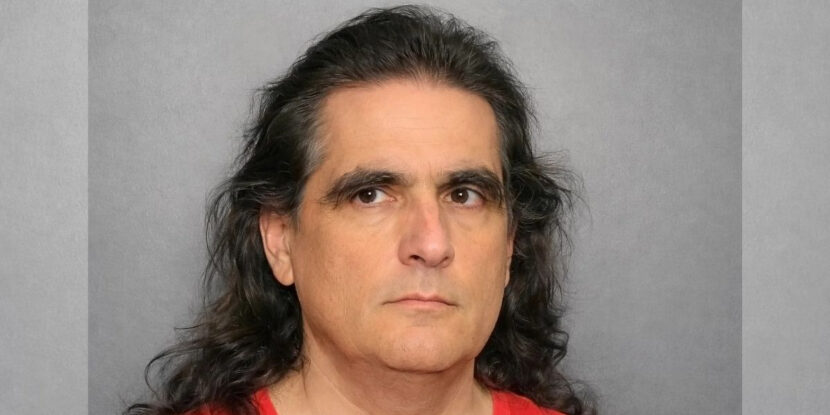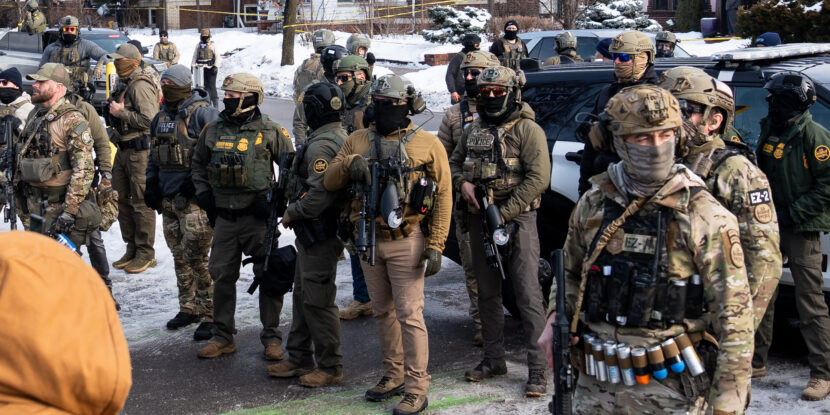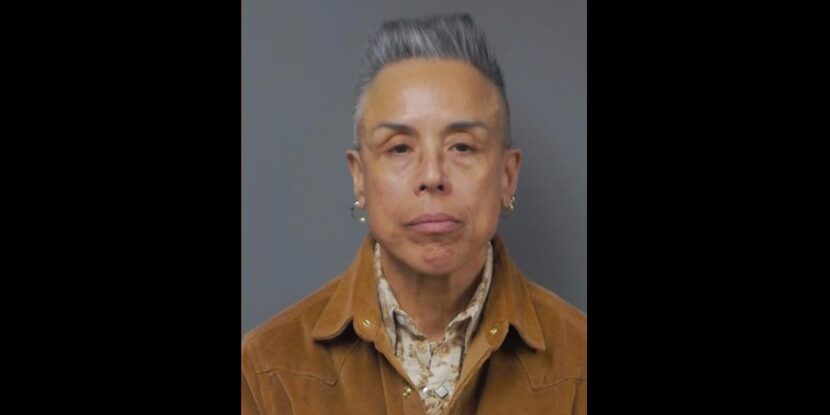Marine veteran Daniel Penny was acquitted of criminally negligent homicide in the subway chokehold death of Jordan Neely following extensive jury deliberations. A New York City judge dismissed the more severe second-degree manslaughter charge against Penny after jurors failed to reach a unanimous decision, enabling consideration of the negligent homicide charge.
Jordan Neely died on a subway train on May 1, 2023. Neely, 30, reportedly boarded a Manhattan-bound F train in an agitated state, shouting and making threats. Witnesses and police recounted that Penny, a fellow passenger, attempted to restrain Neely by applying a chokehold, captured in a widely circulated video. Despite emergency responders’ efforts, Neely was pronounced dead at the scene. A medical examiner later classified the death as a homicide due to neck compression. Toxicology reports revealed the presence of synthetic marijuana in Neely’s system.
Democratic Manhattan District Attorney Alvin Bragg initially announced the charges against Penny on June 28, 2023. Penny, who faced a possible 15-year prison term, pleaded not guilty.
Throughout the trial, the prosecution presented Penny as having used excessive force, while the defense maintained that Penny acted to protect others on the train. The defense cited Penny’s military training and emphasized the absence of safer options to manage Neely’s behavior. The jury’s intricate examination involved reviewing police bodycam footage and testimonies from various witnesses, including passengers and medical experts.
The court conducted jury selection in late October 2024, assembling a panel consisting of diverse backgrounds. The trial officially began at the start of November. Closing arguments from both sides underscored differing interpretations of Penny’s actions, whether they were reckless or protective under perceived threat.
After four days of deliberations and multiple clarifications requested from the court, the jury signaled its inability to convict on the manslaughter charge, resulting in its dismissal. Upon review of the remaining charge, the jury rendered Penny not guilty of criminally negligent homicide, concluding the contentious legal proceedings surrounding Neely’s death. Penny, who had argued self-defense, faced potential imprisonment of up to 15 years if convicted on the manslaughter charge or up to four years for negligent homicide.




















